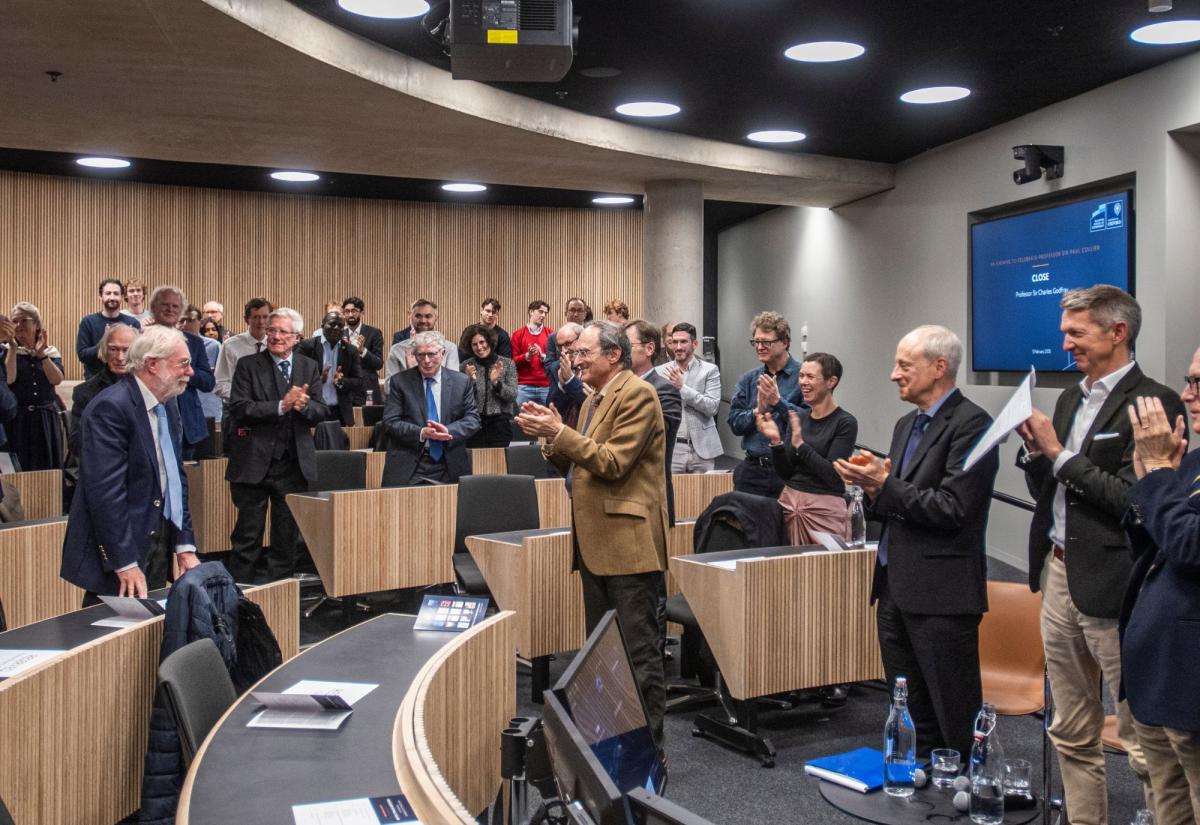In a joint Global Economic Governance - Blavatnik School of Government seminar on 8 February 2013, three expert panelists took up the question: should we give up on multilateral climate change negotiations?
Dieter Helm began by reminding the audience that a multilateral agreement was a means to a solution, not a solution. The objective is to reduce emissions. Given there is virtually no chance that Kyoto will succeed, is there an alternate way of addressing these issues? He proposed two concrete suggestions: focus on carbon consumption instead of carbon production, and switch from coal to gas as fast as possible.
Dr Cameron Hepburn agreed with Professor Helm that multilateral negotiations were not delivering. The UNFCCC might pass a cost-benefit analysis, but it is not fit for purpose. The UNFCCC is hamstrung by its unanimous voting rule. This doesn’t mean we should give up on multilateral organizations, it suggests a need for governance reforms. The multilateral regime should be reshaped to deliver meaningful deals. Effective international organizations are critical because these organizations will be coordinate large flows of funds in the coming years.
Dr Robert Falkner noted that we are not going to see a legally binding and comprehensive international agreement emerge from the UNFCCC process. That does not mean, however, that international negotiations serve no purpose. The multilateral process remains critical to making pledges and monitoring progress toward those pledges. Talk is cheap, but also important; it fosters a global epistemic community and the process of negotiation imparts legitimacy.
During a lively question and answer session moderated by GEG Director and Blavatnik School Dean Ngaire Woods, the panelists discussed a mix of domestic and international policies that could contribute to a solution. These policies included: massive increases in spending on research and development, removing existing subsidies notably on coal mining, strengthening capacity for monitoring at the international level, and carbon pricing on imports.
For more on this event, visit the Global Economic Governance Programme website.
Dieter Helm is Professor of Energy Policy and Fellow in Economics at Oxford University. Dr Cameron Hepburn is Senior Research Fellow at the Grantham Institute. Dr Robert Falkner is Reader in International Relations at the London School of Economics.



